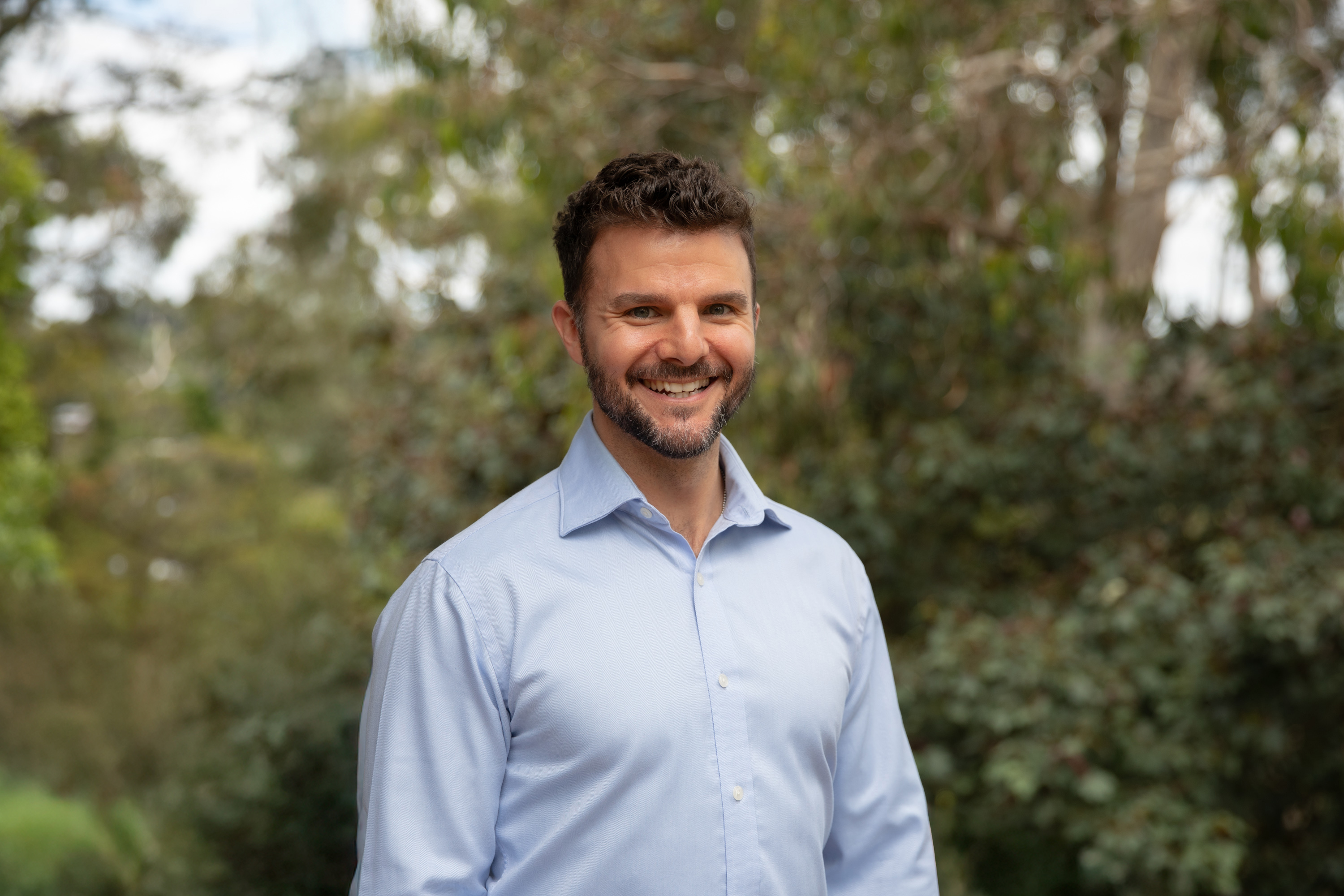Overthinking Feels Like a Mental Tug-of-War
You replay conversations in your head, second-guess decisions, and get stuck in endless “what if” scenarios. Overthinking can make even simple choices feel overwhelming.
It feels productive – like you’re preparing for every possible outcome – but in reality, it just keeps you stuck.
So, how do you break free?
Counselling can help you identify what fuels your overthinking, challenge unhelpful thought patterns, and create mental clarity so you can move forward with confidence.
Why Do We Overthink?
Overthinking often comes from fear, anxiety, or the desire to be “perfect.” You might worry about:




The problem? Thinking more doesn’t always lead to better outcomes. It can actually make decision-making harder.
Signs Overthinking Is Holding You Back
Do any of these sound familiar?





Overthinking often disguises itself as problem-solving, but instead of finding answers, you just feel stuck.
How Counselling Helps Break the Cycle of Overthinking
Therapy gives you tools to manage your thoughts instead of letting them control you. Here’s how:

Many people who overthink don’t realize they’re doing it – it feels like normal thinking.
A counsellor helps you recognize when you’re overanalyzing and guides you toward healthier ways of processing decisions.

Overthinking thrives on uncertainty:



Counselling helps you reframe these thoughts by asking:



This shift stops fear from running the show.

Overthinking often stems from self-doubt – you don’t trust your ability to handle uncertainty.
Therapy helps you:



The goal isn’t to never overthink – it’s to know when to let a thought go and move forward.

Overthinking pulls you into the past (“Did I say the wrong thing?”) or the future (“What if this goes wrong?”).
Mindfulness techniques help you stay in the present moment, where anxiety has less control.
Try this:



Small Changes Lead to Big Results
The first step to overcoming overthinking is recognizing that you don’t have to do it alone.
Counselling gives you the support, tools, and mindset shifts needed to move from overthinking to clear, confident decision-making.
Ready to break free from overthinking? Book a free 15-min consultation here. You don’t have to stay stuck. Change starts now.

